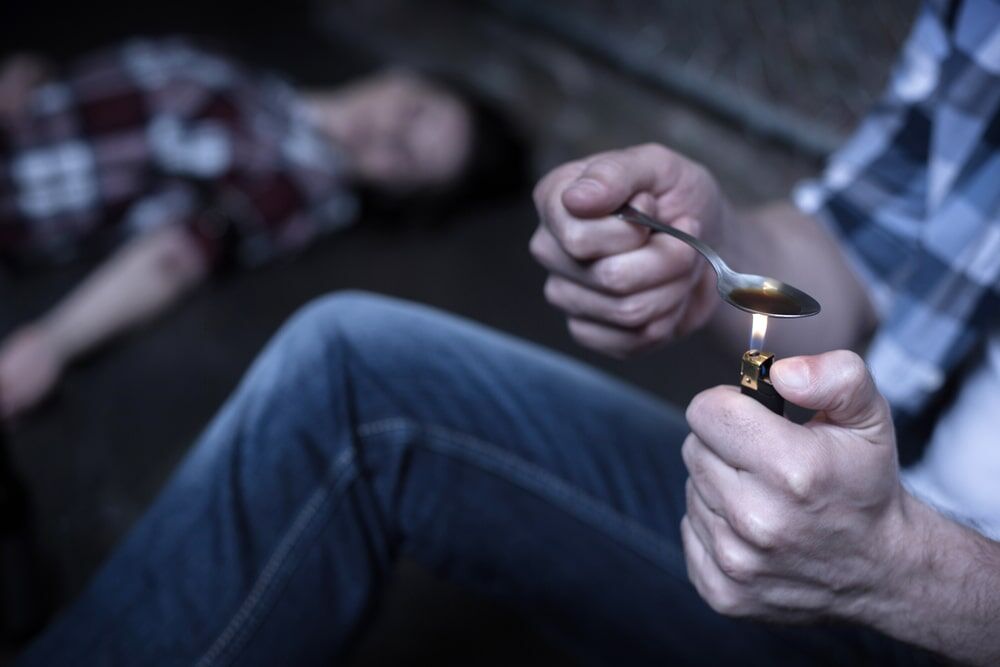What should someone do if they suspect that a friend or family member is overdosing?
First of all, if a person suspects that a loved one is overdosing, never leave the individual alone. Many states in the U.S. have laws on the books that protect people from criminal drug charges if they contact emergency services in a suspected overdose. In a suspected overdose, immediately call 911. It typically takes about ten minutes after injecting heroin for overdose symptoms to become apparent. It is crucial that witnesses to an overdose contact emergency personnel quickly.
If a person is unresponsive, turn them on their right side. People who overdose from heroin will often vomit while unconscious. If they do this while they are laying on their back, they can aspirate on their vomit and die. Do not try to revive them with cold water, slapping, or shouting. These actions will not reverse the effects of heroin and can even make things worse. Instead, turn them on their side, so they are safe from aspiration. Wait for emergency services. EMTs typically carry heroin-reversing medications that they can quickly administer to an overdosing individual.
After responders arrive, they will administer overdose reversal drugs, and transport the individual to a hospital. The person who has overdosed may need to stay in the hospital for several days, and they may be transferred to a medical detox and rehab center after they recover.
If someone has overdosed on heroin after achieving sobriety, that does not mean that the treatment did not work. Relapse rates are typical in any medical condition, whether its substance use, a mental health disorder, or a physical issue such as high blood pressure or diabetes. Going to rehab and committing to comprehensive aftercare treatment programs after achieving sobriety can reduce the number of times a person relapses and the severity of any future relapse incidents.
If you or a loved one are struggling with an addiction to heroin, it’s never too late to reach out for help. The experienced team of counselors and drug rehabilitation specialists at Windward Way have helped hundreds of people achieve and maintain sobriety from heroin and other drug addictions. Please contact Windward Way today to explore your options for treatment.

